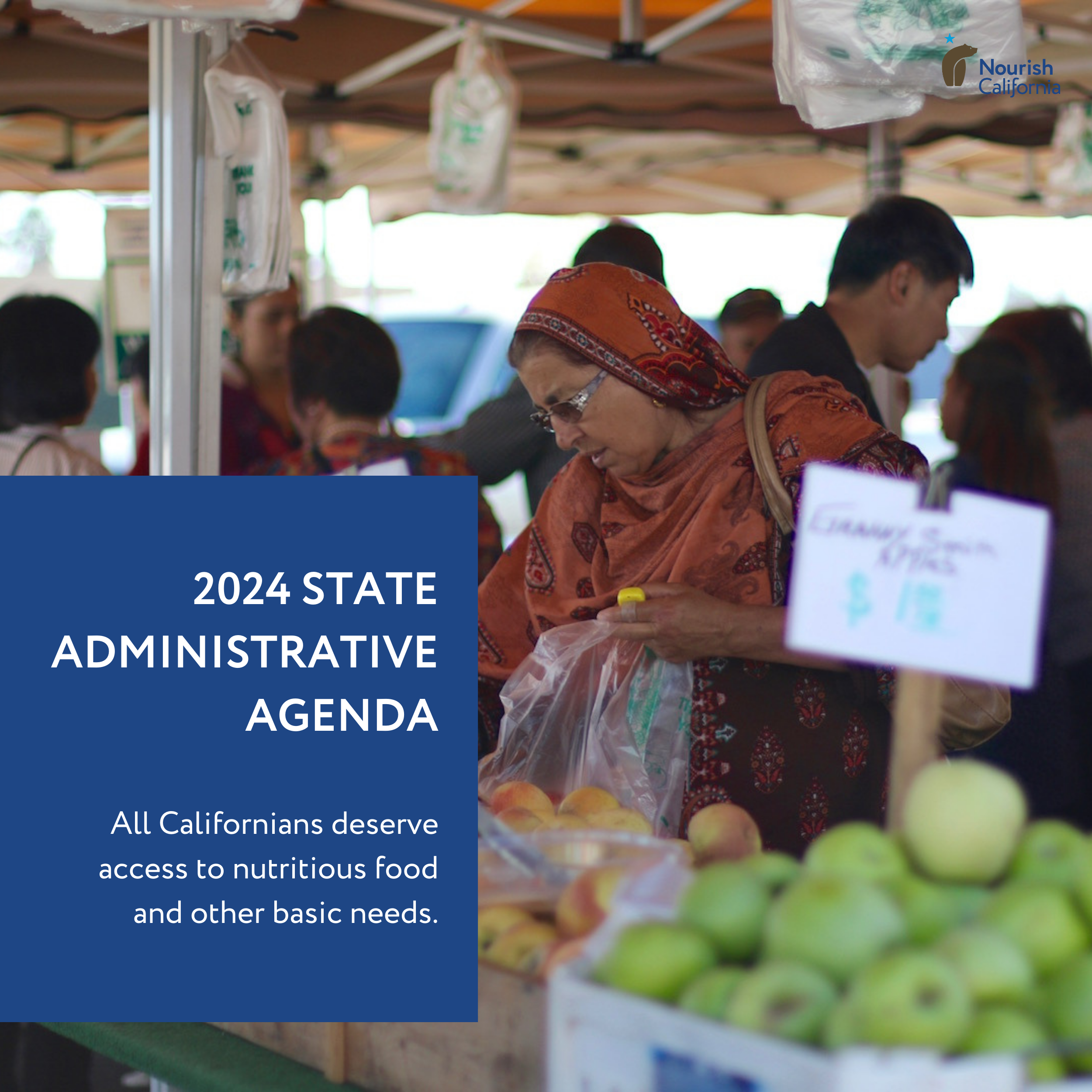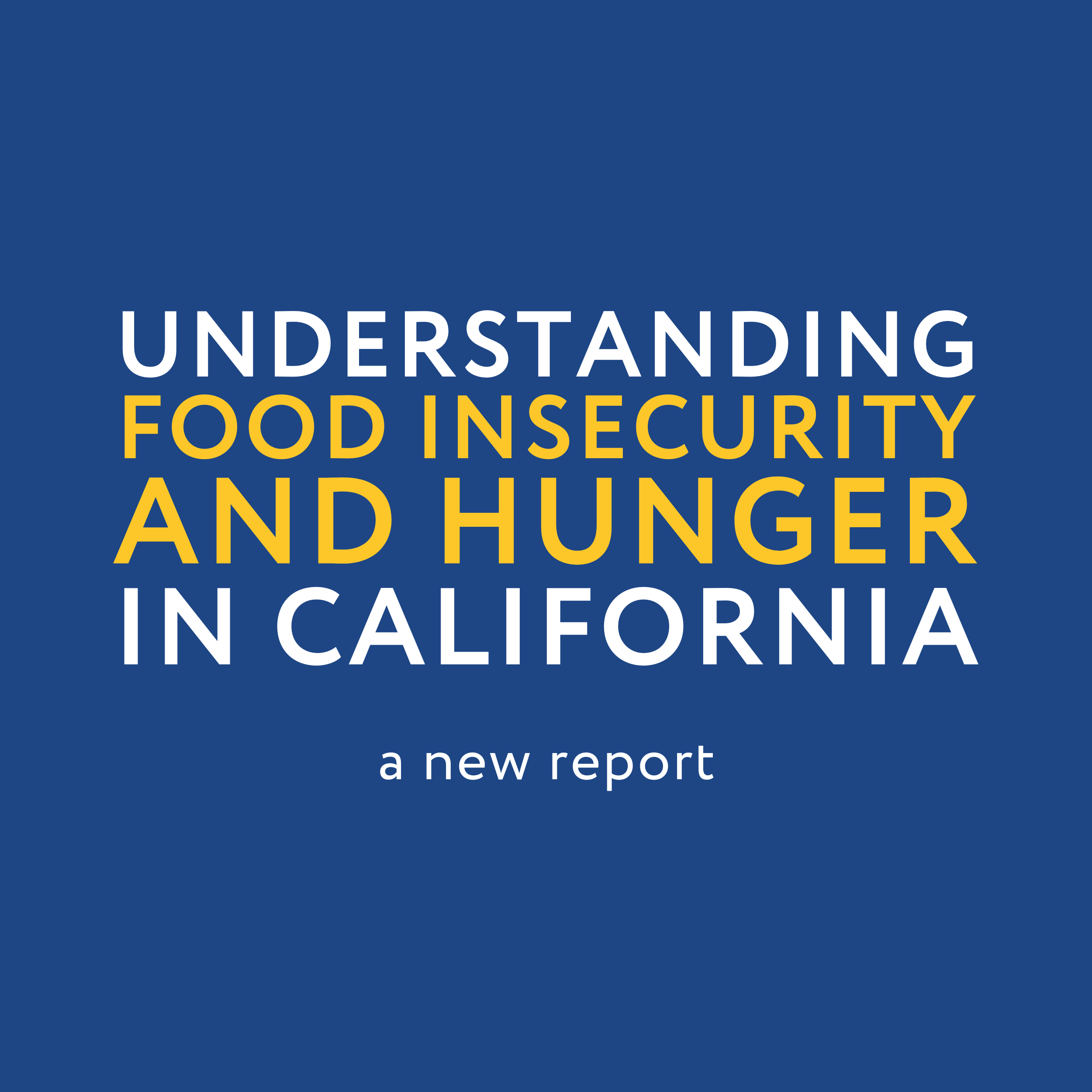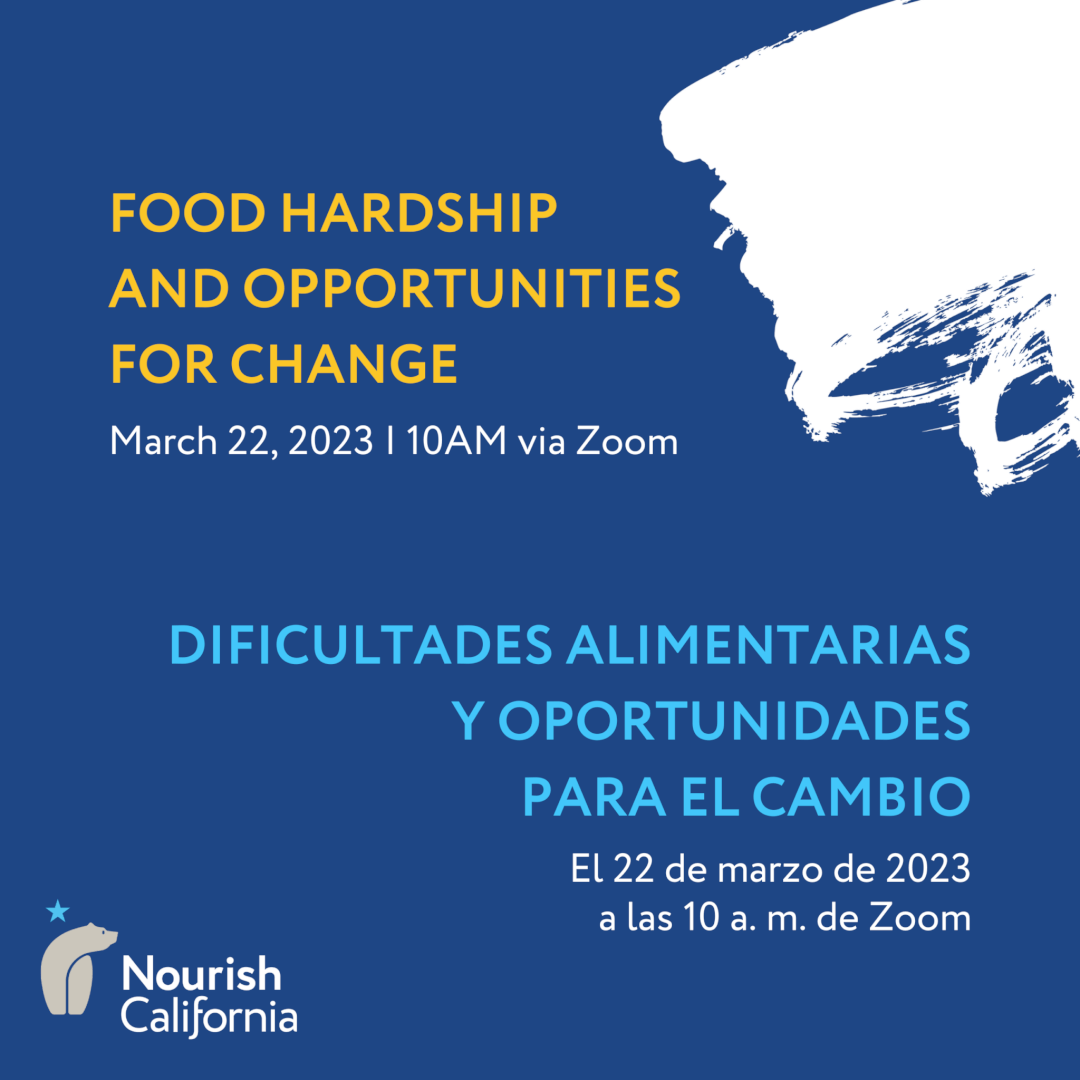Advancing CA Food Security and Public Safety Through SB 1254
Advancing California Food Security and Public Safety Through SB 1254 As we celebrate a significant milestone in our mission to enhance food security and public safety in California, we are pleased to announce that SB 1254 has successfully passed the Senate floor and is now headed to the Assembly. This legislation, also known as the Food for Re-entry and Ensuring Stable Homes (FRESH) Act, [...]










